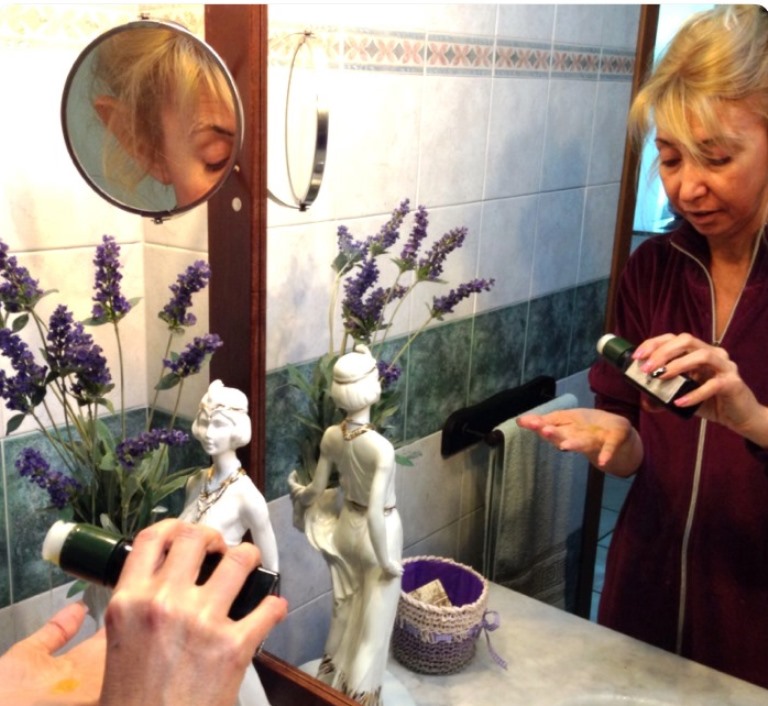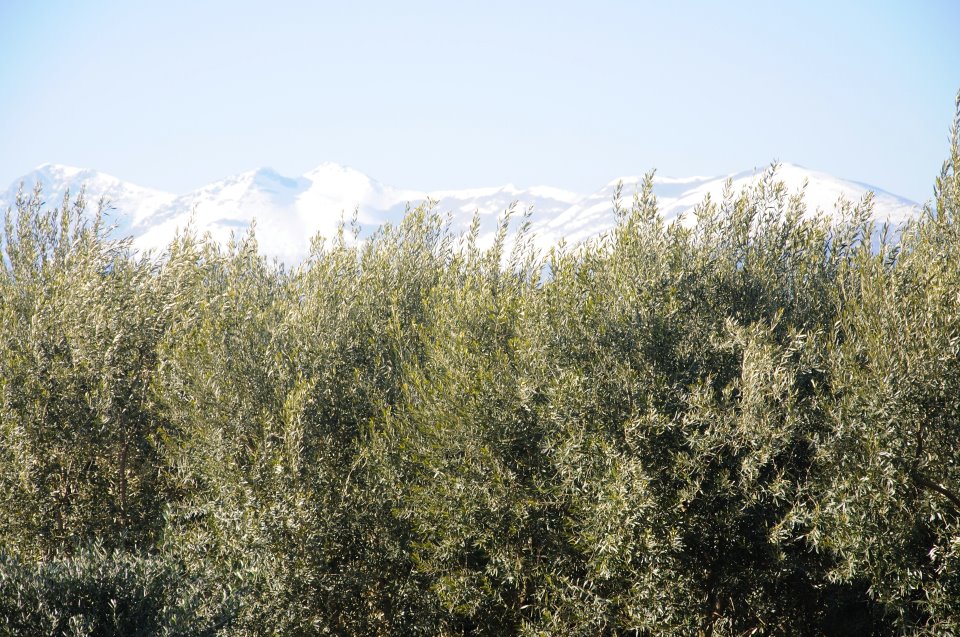'I would like black skin’ said a song while listening ... I say: Beta-Carotene oil and walnut husk!
I would like black skin saying Do you remember a song ...? The singer Nino Ferrer nel 1967. An ode to the blues music that, despite the passing years, many still remember.
Well, just now hearing it on the radio I thought that I too would like black skin, or better, a shiny golden skin due to sun. Almost a mirage for a woman like me who skinned, if too exposed, threatens to turn into a red shrimp! 😉
In realtà, to live better in the sun and to have a golden complexion, just follow the right diet and wise advice.
First, there are basic rules to follow. Seem obvious, but they are not at all given the high number of cases of highlights, for direct and prolonged exposure, and heatstroke, due to humidity levels that exceed the summer 60-70%.
That said, I'd do a quick review. Attention to…
- Do not expose yourself to the sun in the middle.
- Protect your eyes with sunglasses and head with hats.
- Dress with bright fabrics of natural fibers (linen and cotton), avoiding synthetic fibers that do not allow the proper perspiration.
- Dress warmly when going from an air conditioned place to a warm.
- Keep the windows open in the morning and close them, obscuring environments, during the hottest hours.
- Strive to drink at least two liters of fresh water, but not cold, in order to avoid unpleasant congestion. Beware of sweet drinks; besides being caloric are little refreshing.
- Moderate alcohol, because they increase sweating and feeling of warmth.
- Moderate consumption of cooked, fried and fatty, preferring rice and pasta with light sauces.
- Abundant with fruits and vegetables. Being water-rich foods, are ideal for hydrating our body. Also, as we all know, have a refill of vitamins and minerals that during the summer we lose through sweating.
- I forgot ... a bowl of ice cream is good and fresh alternative to one of the main meals of the day.
But then… for my tan?
The key word here is Beta-Carotene, an orange pigment capable of stimulating the production of melanin naturally present in the skin. There are many foods that contain, particularly those whose color varies from orange to red: carrots, apricots, tomatoes, peaches, pepperoni, cherries, But not only melons ..., on the skin, In addition to using high-protection creams, I smear of’Oil walnut husk that, thanks to the substances of which it is composed, reacting with the keratin naturally present in the epidermis, helps my tan.
About, guess what I eat today? 😉



